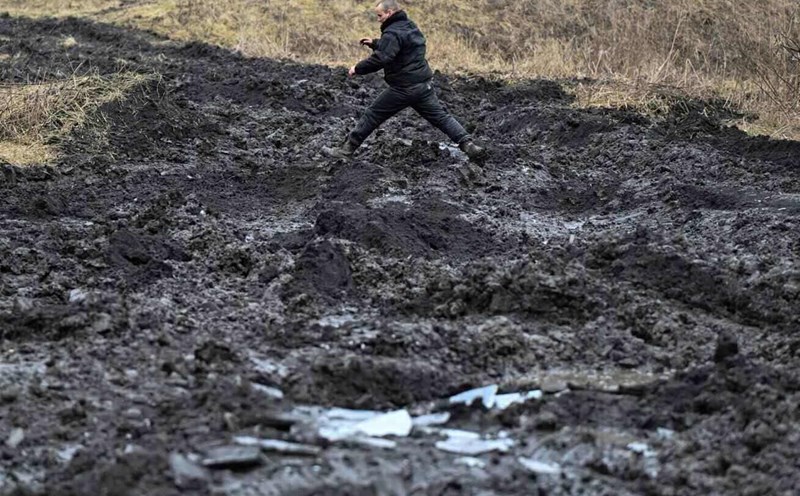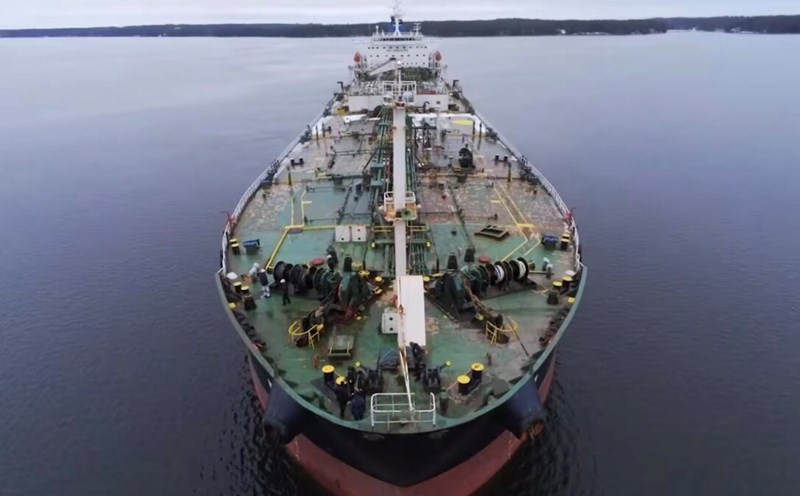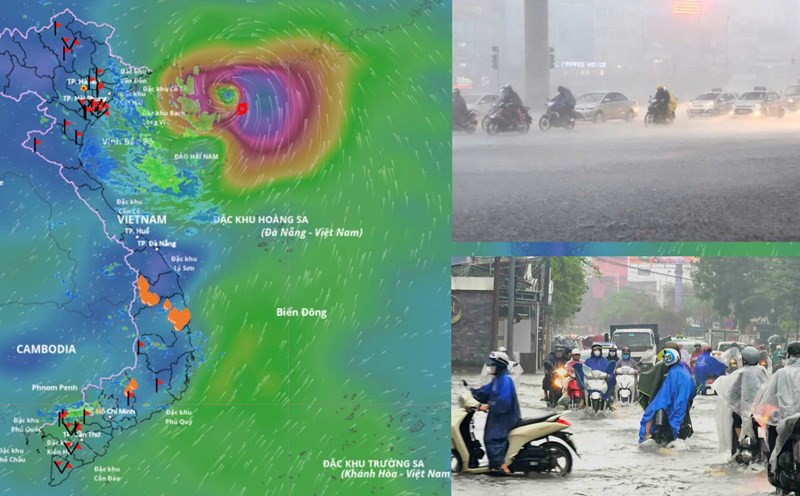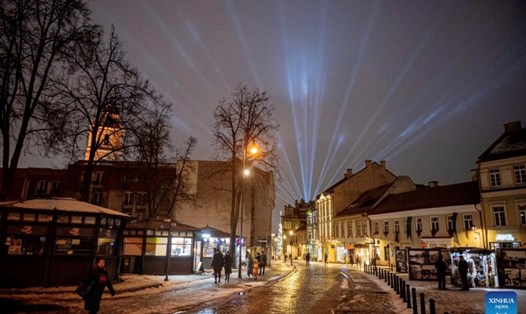The Swedish Public Prosecutor's Office has just concluded an investigation into Vezhen - a Bulgarian ship flying a Malta flag - accused of severing the undersea cable of the Baltic Sea National Radio and Television Center (LVRTC) after concluding it was an accident, the Swedish Public Prosecutor's Office announced.
The Swedish Public Prosecutors Office added that the ship involved in the LVRTC cable break in the Baltic Sea in January this year had some technical errors.
Accordingly, in the early morning of January 26, 2025, the LVRTC cable in the Baltic Sea area, the section connecting Ventenses and Gotland, was damaged. The cable break was in Sweden's exclusive economic zone, about 130km from the coast of Latvia.
Swedish authorities later detained the ship suspected of causing the incident. Bulgarian shipping company navigation Maritime Bulgares, owner of the Vezhen, denied intentionally severing the cable connecting Latvia and Sweden.
Swedish prosecutor Mats Ljungqvist said the cable break was the result of many contributing factors, including bad weather, poor equipment and lack of experience in ship operations. The investigation results show that this was an accident, he added.
During the investigation, the Swedish prosecution analyzed the black box of the Vezhen ship, interviewed many people and reviewed the video recording the time the cable broke.
Investigation results show that the weather in the Baltic Sea was very bad at the night of the incident. Normally, the ship's anchor is kept with three safety checkpoints independent of each other, but the two checkpoints were broken before. The remaining lock broke when a large wave hit at 4:11 a.m. on January 25, causing the anchor and chain to completely fall into the sea, slowing down the ship and gradually changing direction.
Because the train is turning on automatic control, the system has adjusted its direction of travel. No warning signal was sent to the cockpit to report the incident," the prosecution added.
The next morning, the ship accidentally passed through an area with cables off the island of Gotland and anchorages that had broken the cables. Therefore, it can be affirmed that the cable was not deliberately sabotaged, Mr. Ljungqvist concluded.
In the spring of 2025, the results of the Swedish investigation were forwarded to Latvia authorities. Currently, Latvia authorities are conducting a separate investigation into the cable break in the Baltic.











